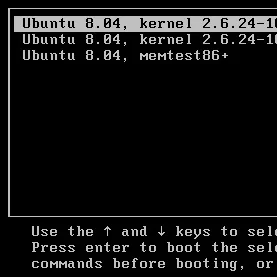Rust-Written Redox OS 0.8 Released With i686 Support, Audio & Multi-Display Working

Redox OS 0.8 is a big update bringing 32-bit x86 support, audio and preliminary multi-display support, better hardware support at large, and a ton of other enhancements. The key highlights for Redox OS 0.8 include:
- Support for i686 / 32-bit x86 has been added and is expected to be "generally working" on real hardware. This also included working on AC'97 audio and IDE drivers common to i686 era hardware.
- Improved support for 64-bit Arm (AArch64) and is booting on QEMU but not yet working on actual AArch64 hardware.
- Multiple display support, permitting that the firmware provides the proper frame-buffer information. This is still done using the VESA driver.
- Audio support is "generally" working and the Intel HD Audio driver is now enabled by default.
- The NVMe storage driver now better supports real hardware.
- The same Redox OS images can now work on both BIOS and UEFI systems.
- Refactoring of the build system to improve the multi-architecture support from the same source tree.
More details on all of the shiny new Redox OS 0.8 changes via the change-log and the release announcement found on Redox-OS.org. With v0.8, only x86_64 ISOs are available with the i686 and AArch64 images needing additional work.
I briefly tried out Redox OS 0.8... I used an HP Dev One to which I was able to boot off USB successfully, but when reaching the desktop quickly realizing that trackpoint support was not working nor USB mouse functionality. For now the developers recommend trying out Redox OS within virtual machines.
183 Comments

